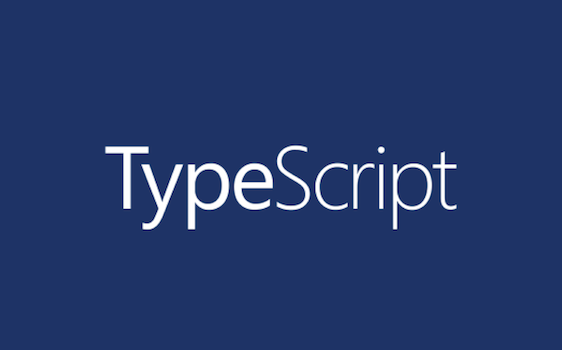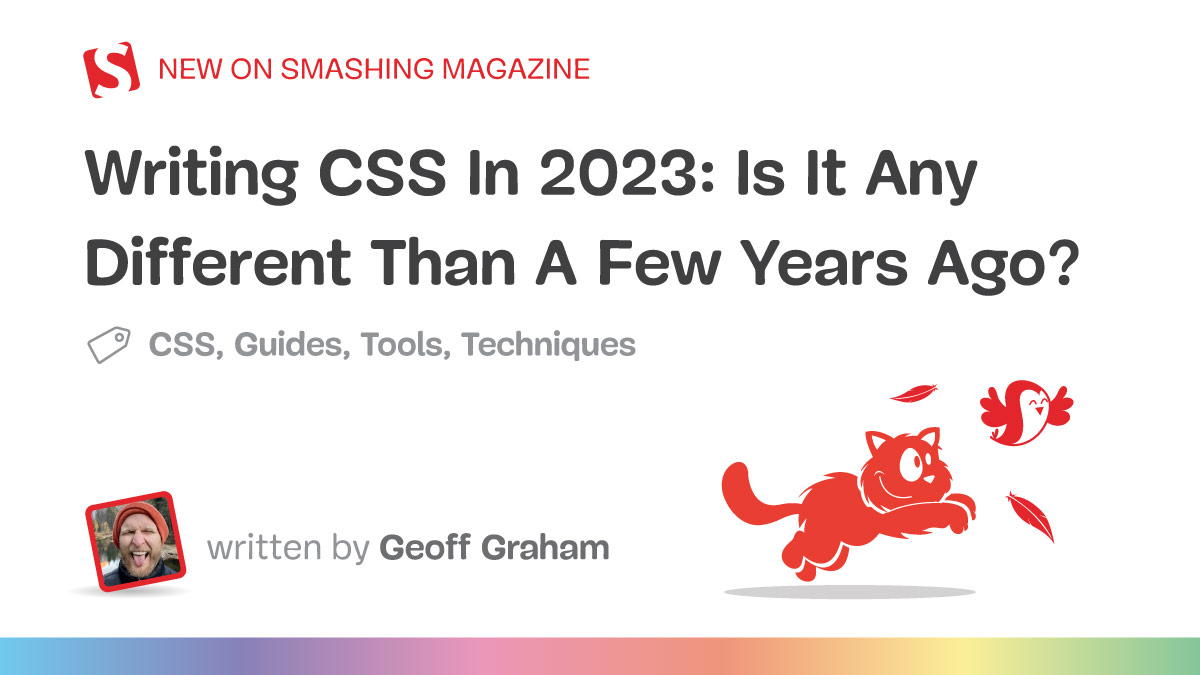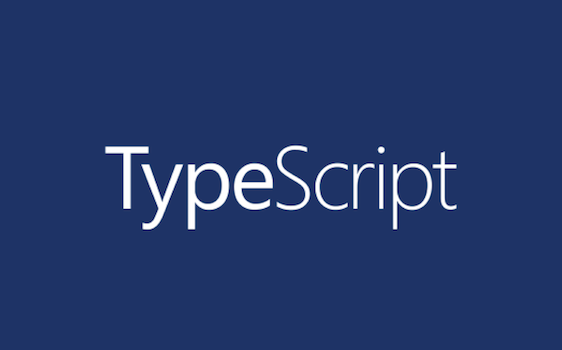

It’s worth pointing out that while ActivityPub doesn’t currently support account migration (although there are proposals in the works for how to do this), Mastodon does have a weak form of support right now.
You can create a new account on another mastodon instance, then you’re able to point your old account to your new account.






It doesn’t port over any old comments/posts, but I’m pretty sure that when anyone @'s you, it’s forwarded to the new account.
Mastodon already does this